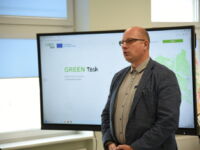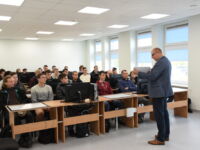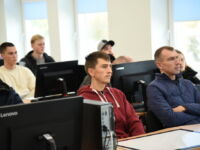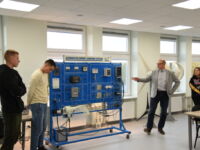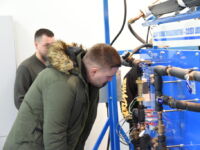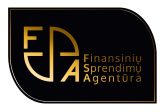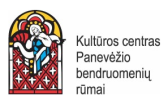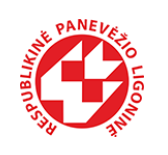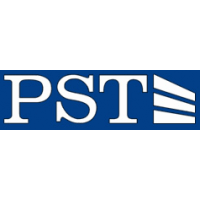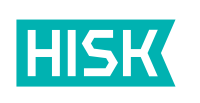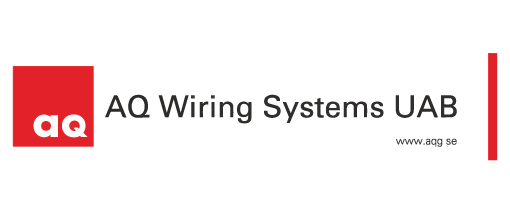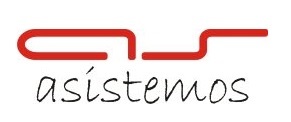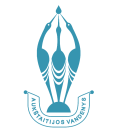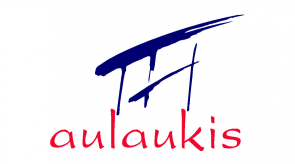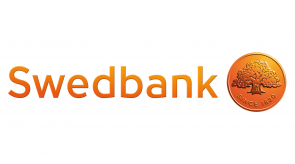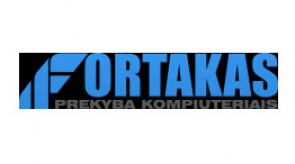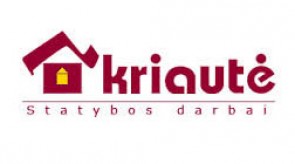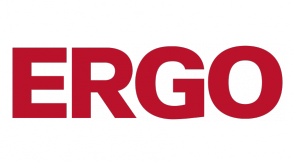TESTING GREEN TECH TRAINING MODULES
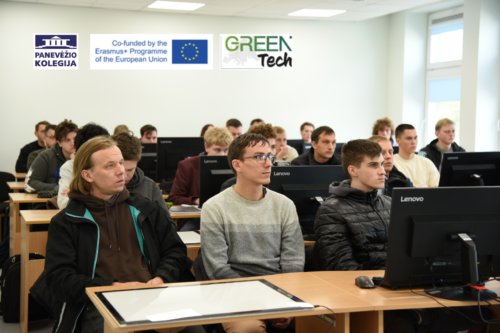 The GREEN TECH (No. 2021-1-FR01-KA220-HED-000023268) project develops an innovative and cross sectoral European education proGRam to strEngthEN the training of TECHnicians in the field of renewable energy. The project is funded by Erasmus+ and consists of eight partners from five different countries, namely GIP FIPAG or Public Interest Grouping for Professional Training and Integration of the Académie de Grenoble (Grenoble, France), Smart Energy Systems Campus, a place for innovation and training in the field of energy transition (Grenoble, France) XABEC vocational training centre (Valencia, Spain), PANKO Panevėžio kolegija/ Panevėžys University of Applied Sciences (Panevėžys, Lithuania), KBA Nijmegen research institute (Nijmegen, The Netherlands), UCLL Higher Education Institute (Diepenbeek, Belgium), Université Grenoble Alpes or UGA (Grenoble, France) and TENERRDIS, energy cluster and international centre of excellence for R&D (Grenoble, France).
The GREEN TECH (No. 2021-1-FR01-KA220-HED-000023268) project develops an innovative and cross sectoral European education proGRam to strEngthEN the training of TECHnicians in the field of renewable energy. The project is funded by Erasmus+ and consists of eight partners from five different countries, namely GIP FIPAG or Public Interest Grouping for Professional Training and Integration of the Académie de Grenoble (Grenoble, France), Smart Energy Systems Campus, a place for innovation and training in the field of energy transition (Grenoble, France) XABEC vocational training centre (Valencia, Spain), PANKO Panevėžio kolegija/ Panevėžys University of Applied Sciences (Panevėžys, Lithuania), KBA Nijmegen research institute (Nijmegen, The Netherlands), UCLL Higher Education Institute (Diepenbeek, Belgium), Université Grenoble Alpes or UGA (Grenoble, France) and TENERRDIS, energy cluster and international centre of excellence for R&D (Grenoble, France).
The GREEN TECH project aims at breaking down the barriers that exist today between individual energy system training courses in order to train more versatile technicians. The consortium wants to create a training course specifically adapted to mechanics, technicians, and engineers (Level 4-6 EQF) who will have to deal with the new energy mix. The course will be composed of six training modules, and each module contains a theoretical part (10h) and a practical part (10h):
Module 1. An introduction describing the context and the multiple stakes;
Modules 2, 3, 4. Three modules about the different energy sources and vectors and their specificities Solar Energy, Wind energy, Green gas (emphasize Hydrogen gas);
Modules 5, 6. Two modules describing the necessary connections between them created by the Network Management and storage and the different usages based on real world industrial use cases.
To make sure that these modules achieve their objectives of being industry driven, but also easily understandable by students, testing these modules towards students is a true requirement. This is why 2 testing sessions have been designed inside the project.
On October 16-17 the testing of the module (M1) took place at Panevėžio kolegija/ Panevėžys University of Applied Sciences (PANKO). The module (M1) testing was organized by the teacher/researcher Remigijus Kaliasas. The testing session was to feel if the developed content is easy to understand by international students, independently from their country of origin.
Indeed, each module will be tested on the site in which it was developed, but also at other universities participating in the consortium. The gained feedback will be important to make sure that the MOOC will be a success.
As a result of this project, all 6 modules will be freely integrated in each university cursus and as a last step will be gathered to build a MOOC largely opened to initial or vocational training.
You can get acquainted with all relevant information on the implementation of project activities on the specialized project website: https://greentech-erasmus.eu/

